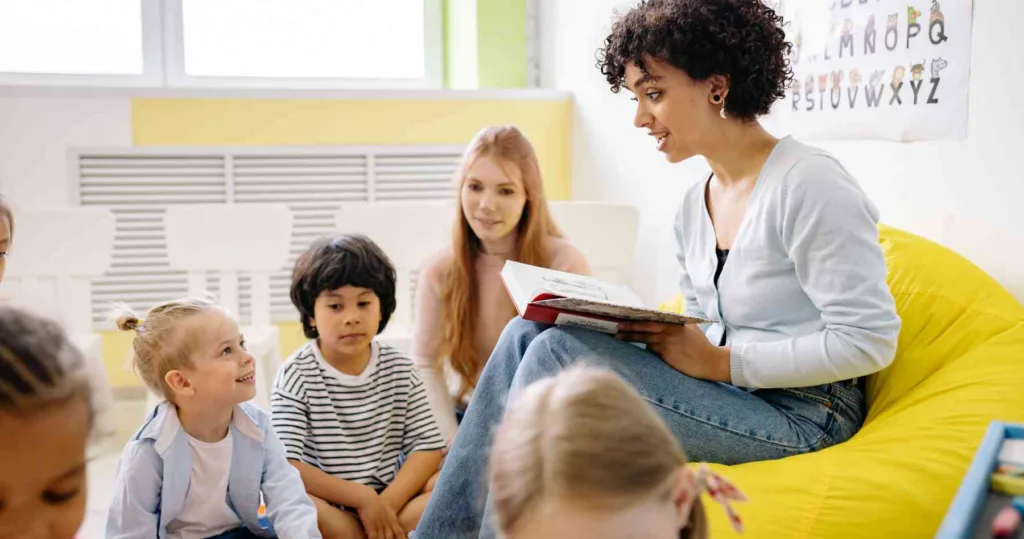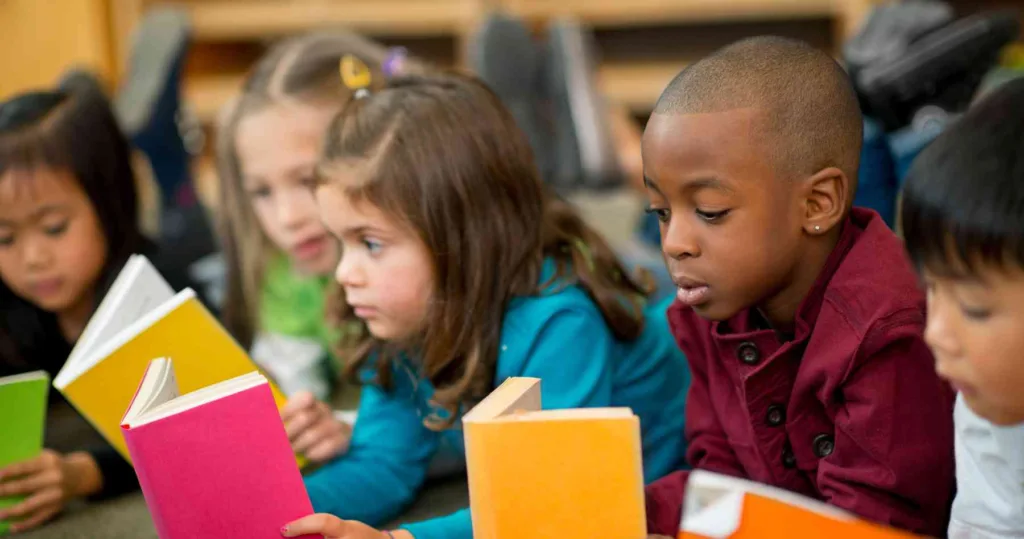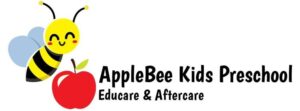Empowering Early Literacy: Teaching Preschoolers the Fundamentals
In today’s fast-paced world, early literacy plays a crucial role in a child’s educational journey. Teaching preschoolers the fundamentals of reading and writing empowers them to become confident, skilled learners. The foundation laid during their early years sets the stage for their academic success and overall development. This article explores the importance of early literacy and how it positively impacts a child’s learning journey.

The Growing Trend of Early Literacy
Early literacy refers to the skills and knowledge that children develop before they can read and write independently. This trend has gained momentum as educators and parents recognize the significant impact it has on a child’s cognitive and social development. By introducing literacy concepts early on, we can foster a love for learning and instill essential skills that will serve them well throughout their lives.
The Benefits of Early Literacy
Enhanced Vocabulary and Language Skills
Teaching preschoolers early literacy exposes them to a rich vocabulary and language experiences. As they engage with books and stories, they expand their language skills, leading to improved communication and expression.
Boosted Cognitive Development
Early literacy activities stimulate a child’s brain and enhance cognitive functions. The process of learning to read and write involves problem-solving and critical thinking, which strengthens their overall cognitive abilities.
Improved Concentration and Focus
Introducing early literacy practices encourages young children to concentrate and focus on a task. As they immerse themselves in books and educational activities, they develop the ability to pay attention for more extended periods.
Early Socialization and Emotional Development
Reading and storytelling sessions offer opportunities for interaction and bonding with caregivers and peers. This fosters emotional development and helps children understand different emotions, building empathy and social skills.
Preparation for Formal Education
Early literacy prepares children for formal education settings. When they enter kindergarten with a foundation in reading and writing, they feel more confident and ready to take on new challenges.
The Role of Parents and Educators
Parents and educators play a pivotal role in empowering early literacy. By creating a literacy-rich environment and incorporating activities that promote reading and writing, they can nurture a child’s curiosity and passion for learning. Some effective strategies include:
Read Aloud Sessions
Reading aloud to children exposes them to diverse vocabulary and storytelling styles. It enhances their listening skills and sparks their imagination.
Interactive Storytelling
Engaging children in interactive storytelling allows them to participate actively in the narrative, fostering creativity and critical thinking.
Word Games and Rhymes
Word games, rhymes, and songs make learning fun and memorable. These activities improve phonemic awareness and help children recognize patterns in language.
Creating a Home Library
Building a collection of age-appropriate books at home encourages independent reading and exploration.
Using Technology Wisely
In today’s digital age, using educational apps and online resources can complement traditional learning methods and make early literacy engaging.
Get In touch
Leave us a message
4 Claret Road, Table View, 7441
(021) 556 4146
office@applebeekids.com
Empowering Early Literacy: Teaching Preschoolers the Fundamentals
The process of empowering early literacy involves introducing preschoolers to the fundamentals of reading and writing. This section explores the key components of early literacy education:
Phonics and Letter Recognition
Phonics is the foundation of reading. It involves teaching children the relationship between letters and sounds. By recognizing letters and their corresponding sounds, preschoolers can decode words and start reading independently.
Sight Words and High-Frequency Words
Sight words are common words that children encounter frequently in texts. Learning these words by sight enables preschoolers to read smoothly and comprehend sentences effortlessly.
Reading Comprehension Strategies
Early literacy also focuses on teaching comprehension strategies. Preschoolers learn to understand the meaning of the text they read and answer questions related to the story.
Writing Skills and Handwriting
Handwriting skills are an essential aspect of early literacy. Children practice forming letters and gradually progress to writing simple words and sentences.
Storytelling and Creative Writing
Storytelling and creative writing encourage preschoolers to express their ideas and imagination through words. These activities build their confidence in using language effectively.
Introduction to Books and Literature
Introducing children to books and literature instills a love for reading. Preschoolers explore different genres, characters, and plots, which broadens their perspective and understanding of the world.


The Role of Technology in Early Literacy
Technology can be a valuable tool in early literacy education. When used mindfully and under adult supervision, educational apps and online resources can enhance a child’s learning experience. Interactive games and e-books can make reading engaging and immersive.
FAQs
What is the ideal age to start teaching early literacy?
The ideal age to start teaching early literacy is between 2 to 3 years old. During this period, children are curious and eager to explore the world around them, making it an excellent time to introduce literacy concepts.
How does early literacy impact a child’s future academic performance?
Early literacy lays the foundation for future academic success. Children with strong early literacy skills are more likely to excel in reading, writing, and overall academic achievements.
Can parents with limited resources still promote early literacy?
Absolutely! Early literacy doesn’t require expensive materials. Parents can use everyday objects, such as household items and nature, to engage children in learning activities.
How can educators cater to diverse learning styles in early literacy education?
Educators can employ a variety of teaching strategies to cater to diverse learning styles. They can incorporate visual aids, hands-on activities, and auditory cues to accommodate different learning preferences.
What role do libraries play in promoting early literacy?
Libraries are invaluable resources for early literacy. They provide access to a wide range of age-appropriate books and offer interactive programs that foster a love for reading.
How can technology be used effectively in early literacy classrooms?
Technology can be used effectively by integrating educational apps and interactive learning tools that reinforce literacy skills while making learning enjoyable.
Empowering early literacy in preschoolers is a powerful investment in their future. By introducing reading and writing at an early age, we open doors to a world of knowledge and imagination. Parents and educators can play a transformative role in nurturing a child’s passion for learning. Embracing the growing trend of early literacy will undoubtedly pave the way for a brighter and more successful learning journey for our youngest learners.

